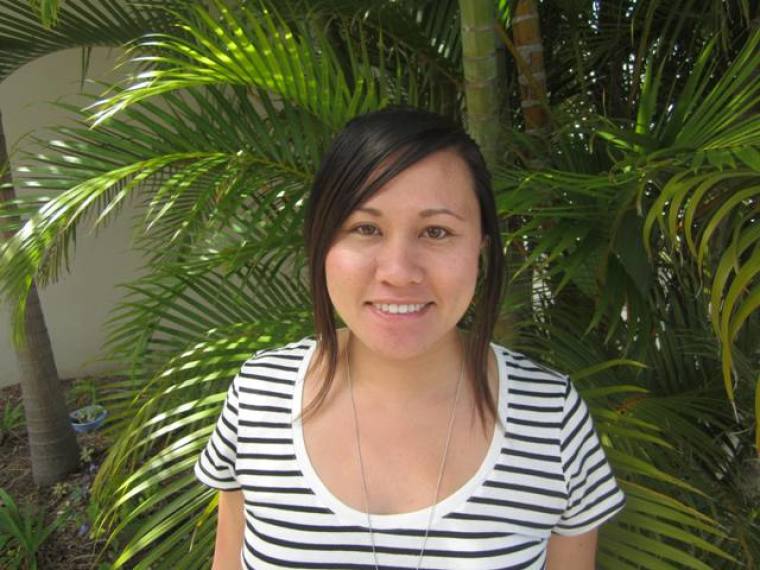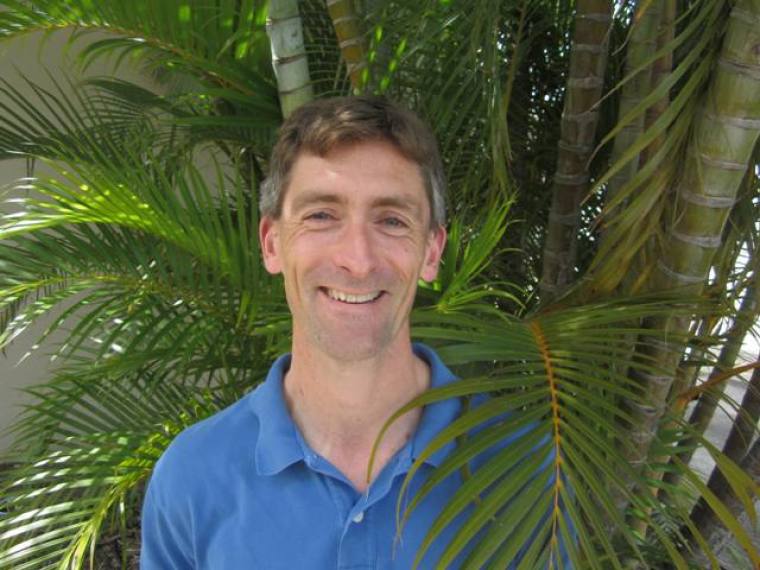

For those of us who live in the world of facebook / twitter / instagram, the thing that dominates throughout social media is a thing called selfies. Selfies are a fast self-portrait of yourself, taken with a smartphone's camera and immediately distributed and inscribed into a network.
It is an instant visual communication of where we are, what we're doing, who we think we are and who we think is watching (admiring) us. In a way, I feel that people get a temporary sense of validation when they take selfies, with the sense of validation increasing as the number of "likes", "repins" or "shares" increases.
Selfies are another form of external validation
As human beings, we strive to be validated by others. We work for promotions; we try our best to be a better wife, husband, parent, sibling, ministry leader, son or daughter. We also start to accumulate things to make us feel validated about our successes in life.
Sometimes, I myself fall into this temptation of needing to be externally validated by people or material possessions. I find myself working hard at work so that my boss can tell me how great a job I am doing. Or I can feel terrible about my business and myself if I get one unhappy customer's comment. Ultimately, my day becomes this rollercoaster ride of emotions based upon whether someone made me feel good or not. But there is a danger in needing to be externally validated constantly.
The danger of relying on external validation
When we rely on external validation, we base our needs, wants and validations in an imperfect world, from imperfect and broken people. Inevitably, we will get disappointed over the long haul of grasping our identity. All these attempts to feel validated, to confirm our identities by others are disappointingly invalid. That is why I feel there are so many unhappy and unsatisfied people in the world. We become slaves to a temporary world, getting a temporary high when someone or something makes us feel good.
Our search for our identity can be like a withering tree beside a rich, fertile river. We are constantly seeking for something better, something new, that next car, that next promotion, that next relationship, always wondering if we can do better.
To me, it feels like we are doing the ultimate sin when we constantly need something or someone to make us feel good. It's an outright rejection of Christ and God because when we strive to be externally validated by material possessions and people's opinions, we reject the love of God. God loves us unconditionally no matter what.
As Paul said in Galatians 1 verse 10 "For am I now seeking the approval of man, or of God? Or am I trying to please man? If I were still trying to please man, I would not be a servant of Christ".
Our identity is in Christ
The sooner we realise that our (and only) identity is in Christ and Christ alone, we will never be fully satisfied and never be fully happy with what we have.
We will continue down this destructible path of self-harm, forgetting that who we are is found in Christ Jesus alone. He alone validates us, and He alone can make us one with God. We come from a broken world, and it is only in the perfect redeemer that can fully restore us to His Kingdom. As said in Romans 12 verse 2:
"And do not be conformed to this world, but be transformed by the renewing of your mind, so that you may prove what the will of God is, that which is good and acceptable and perfect"
The need to be externally validated has serious ramifications and harms our self-esteem, self-worth, our internally joy and most of us, it harms our relationship with Christ and God. It is only by the grace of God that we can be loved unconditionally – it is not dependant on what we do or don't do. God loves us despite our grave sinful selves. And not just love us, but wants to have a relationship with us.
So in your next selfie, remember that you don't need to be validated by others. Jesus is our only Saviour and Validator.
Clarissa Yates is from Singapore but moved to live in Perth, Western Australia in 2008. Clarissa completed a BSc. in Molecular Biology at the University of Western Australia and is now working as a Graduate Research Assistant at the University of Western Australia, where she is part of a research team studying therapies for lung cancer. She professionally bakes and is the owner of Lollicakes.
Clarissa Yates' previous articles may be viewed at www.pressserviceinternational.org/clarissa-yates.html